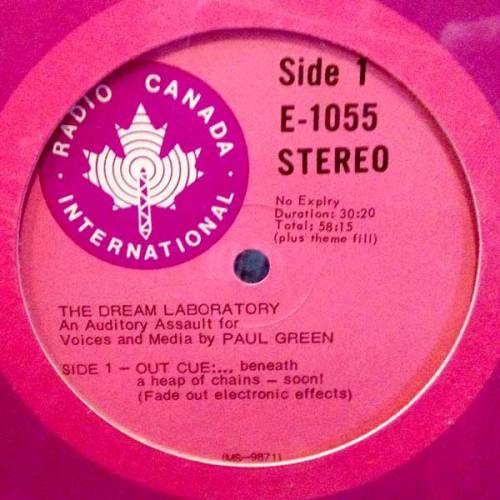You might have noticed the Poptimism Revival of last week - the flaring up of old arguments that first raged 12 years ago. It reminded me of this live review I found a while back in an ancient issue of Melody Maker.
What's amazing about this Richard Williams review of Gary Glitter (Melody Maker, January 27th 1973) is that he invents - over forty years ago!!! - the classic poptimist move of conjuring up the stuffy rock snobs with their nerdboy list-making (i.e. the writers of Let It Rock) as the dullness against which his pro-pop stance shines. The solidarity with the teenagers still in touch with pop thrills and pop magic move.
But here's a funny thing - the Melody Maker of the early Seventies - which you'd quite understandably assume was about as Dark Ages rockist as imaginable - was actually the music magazine that poptimism can only dream of existing nowadays.
See, the UK weeklies at that time conceived of themselves as music newspapers. Melody Maker in the early 70s was based in Fleet Street. They had an interest - in both senses of the word - in reporting and analysing everything. It was their job. So Melody Maker - according to received wisdom the "progressive paper" - would actually routinely cover things like Osmondmania, David Cassidy, the Jackson Five, Isaac Hayes, early disco, etc, with depth and intelligence - alongside all the things you'd expect (Hatfield and the North, Atomic Rooster, Steeleye Span, Nucleus, etc). One week, there might be a centre spread on Stockhausen; the next a 4000 word investigation into the top producers of teenybop pop. Melody Maker had specialist writers and specialist sections dedicated to soul / R&B, jazz, folk... They wrote regularly about the business - managers, promoters, radio deejays, even publicists. They looked into fan culture - for instance, doing features on fan clubs. There were also individual writers who - as with the Richard Williams Gary Glitter review - would try out the against-the-grain celebrations of glossy manufactured pop so familiar to us from the poptimistic palaver of the 2000s.
This original UK music paper ethos - "if it moves, cover it" - actually carried on into the Eighties and a good way into the Nineties. The paper that I read growing up (NME), and the paper I later wrote for (MM), always covered things that extended well beyond the "natural" interest range of their readership.
What happened is that by the mid-90s, music magazine publishing had fragmented so much that this kind of catholic comprehensiveness was no longer tenable. When the music weeklies didn't have hardly any rivals, they could cover rock but also its adjacent genres - soul, dance, etc. But as time went by they got less and less benefit from these attempts at being comprehensive. Their core readership wasn't interested, or was actively turned off; meanwhile, the genre-ist fans gravitated towards the the genre-ist magazines.
Pondering this led me to a thought I'd never had before... It's considered righteous for people to criticise NME, or Spin, or the early, pre-reformed Pitchfork for their failures to cover certain genres, or when they did cover them, lambast them for doing it in a tokenistic way or for imposing their own rockist biases. Failing to "understand them on their own terms"....
But you never got hordes of rocktimists railing against The Source or Vibe for their failure to cover Queens of the Stone Age or Arcade Fire, did you? Nobody ever expected Smash Hits to take on Terrorizer or WIRE type music. No one thinks less of Mixmag and DJ for their lack of "engagement" with indie. Did Blues and Soul ever put MBV on its front cover, like MM put Bobby Brown on its? Of course not! Did Echoes run a lead review of Radiohead's Amnesiac, the way that Uncut did a lead combo review of Missy Elliott and Destiny's Child? Don't be daft.
It was totally fine for all those magazines to base their coverage on calculations about what their market was, what their readership was interested in..
But the accusation of incomplete catholicity always get leveled at the rock magazines. The onus is on rock criticism.
I'd like to think this is a sort of folk memory of the time when the rock press both wanted to and was able to cover things beyond its bounds. But I think it's more likely to be a double standard.







